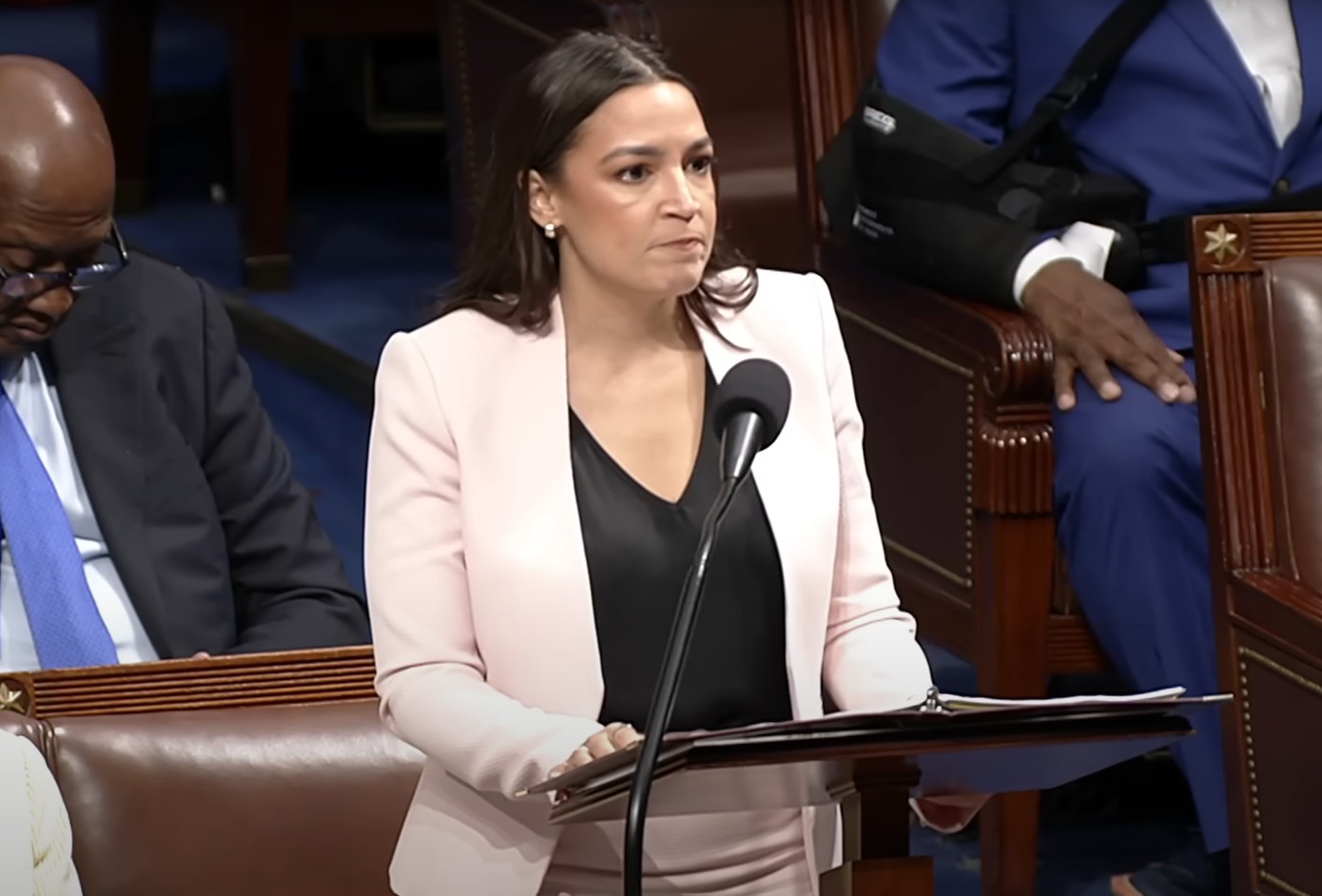The House of Representatives passed House Resolution 719 on Friday, condemning the assassination of conservative activist Charlie Kirk and honoring his life and legacy. The vote concluded with a tally of 310 in favor and 58 against, but the division among Democrats was notable, with 118 members either voting against the resolution or opting to vote 'present' or not voting at all.
Explainer 118 House Democrats Refuse To Condemn Charlie Kirk's Assassination
The resolution, which received support from 95 Democrats, included language condemning political violence and extending condolences to Kirk's family. It called upon all Americans to reject political violence and engage in respectful debate.
Despite the resolution's uncontroversial nature, a significant number of Democrats chose not to support it. This contrasts sharply with a previous resolution that passed unanimously earlier this year, which condemned the killing of Minnesota Speaker of the House Melissa Hortman.
Critics have pointed out that the Democrats' reluctance to condemn Kirk's assassination reflects a broader issue of political polarization. Some members, including Reps. Alexandria Ocasio-Cortez and Shri Thanedar, publicly criticized Kirk, labeling him as a 'racist, hateful person.'
The 58 Democrats who voted against the resolution included prominent figures such as Nancy Pelosi and Ilhan Omar. Additionally, 22 members chose not to vote despite being present in the House, raising questions about their decision not to participate in the vote.
The resolution's passage highlights the ongoing tensions within the Democratic Party regarding issues of political violence and the treatment of conservative figures. As political discourse continues to evolve, the implications of this division may resonate beyond the House floor.
Breccan F. Thies, White House correspondent for The Federalist, reported on the implications of the vote and the reactions from various lawmakers. He emphasized the growing challenges of fostering unity in a politically charged environment.
Why it matters
- House Resolution 719 condemns the assassination of Charlie Kirk, highlighting the significance of political violence in current discourse.
- The vote revealed deep divisions among Democrats, with 118 members either opposing or abstaining, indicating polarization within the party.
- The resolution's passage contrasts sharply with previous unanimous condemnations, reflecting changing attitudes towards political figures.
- Critics argue that Democrats' reluctance to support the resolution underscores broader issues of political polarization and respect in debate.
What’s next
- Watch for reactions from Democratic leaders regarding the vote's implications on party unity.
- Monitor upcoming discussions in Congress about political violence and its impact on future resolutions.
- Expect potential calls for further investigations into the political climate surrounding Kirk's assassination.

